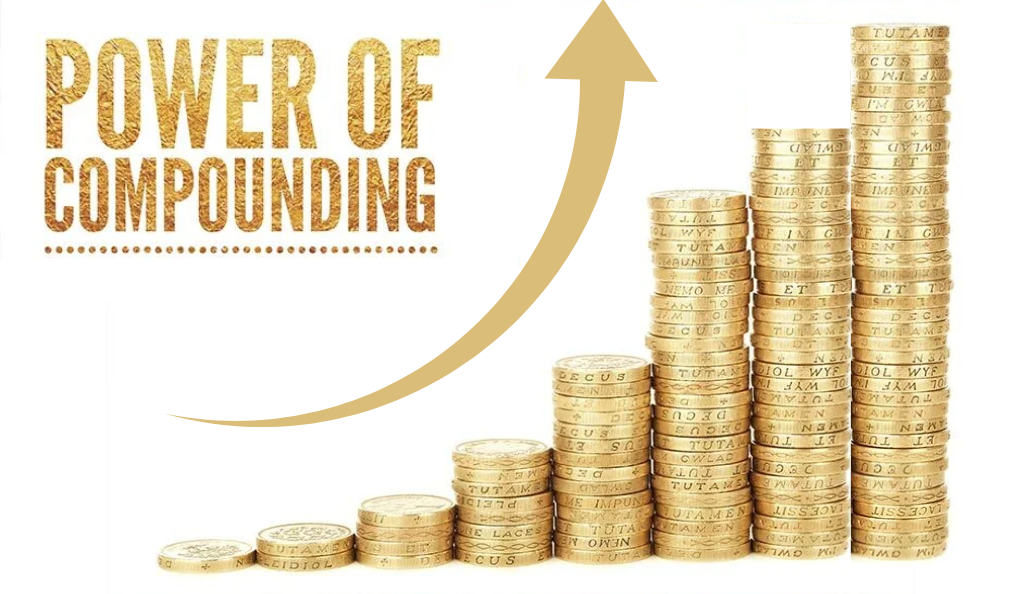When it comes to personal finance, there is no such thing as a free lunch. Or is there? The power of compound interest is one of the few exceptions. Compound interest is the phenomenon where interest earned on an investment is added back to the principal, resulting in interest earned on top of interest. In this article, we will explore what compound interest is and how it works, and how you can harness its power to improve your finances.

What is Compound Interest and How Does it Work?
To understand compound interest, consider a simple example. You invest $1,000 in a savings account that pays 5% interest per year. After one year, you will have earned $50 in interest, giving you a total of $1,050. If you leave that money in the account, the following year you will earn 5% interest not just on your original $1,000, but on the entire $1,050. That means you will earn $52.50 in interest, bringing your total to $1,102.50. The following year, you will earn interest on $1,102.50 plus the interest earned the previous year, and so on.
The key to compound interest is time. The longer you can leave your money in an investment that earns compound interest, the more powerful the effect. That’s why starting to save early is so important. Even small amounts of money invested over long periods of time can grow into substantial sums thanks to the power of compound interest.
How to Harness the Power of Compound Interest for Your Finances
The first step to harnessing the power of compound interest is to start saving as early as possible. The longer your money has to grow, the more powerful the effect of compound interest will be. Even if you can only save a small amount each month, it’s worth starting now rather than waiting.
The second step is to choose investments that earn compound interest. Savings accounts, CDs, and some types of bonds all earn compound interest. Stocks and mutual funds can also earn compound interest through reinvesting dividends. It’s important to choose investments that match your risk tolerance and investment goals.
Finally, it’s important to consistently add to your investments over time. Even small, regular contributions can add up over time thanks to the power of compound interest. This is where setting up automatic contributions to your investment accounts can be helpful.
By following these steps, you can harness the power of compound interest to improve your finances over time. Even small amounts of money invested consistently over long periods of time can grow into substantial sums thanks to the power of compounding. So start saving early, choose the right investments, and contribute consistently to start seeing the benefits of compound interest for yourself.
Compound interest may be the closest thing to a free lunch in personal finance. By understanding how it works and following some simple steps, you can harness its power to improve your financial situation over time. So start saving early, choose the right investments, and contribute consistently to start seeing the benefits of compound interest for yourself.
Fintech-Insight is dedicated to delivering unbiased and dependable insights into cryptocurrency, finance, trading, and stocks. However, we must clarify that we don't offer financial advice, and we strongly recommend users to perform their own research and due diligence.
